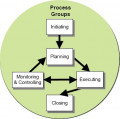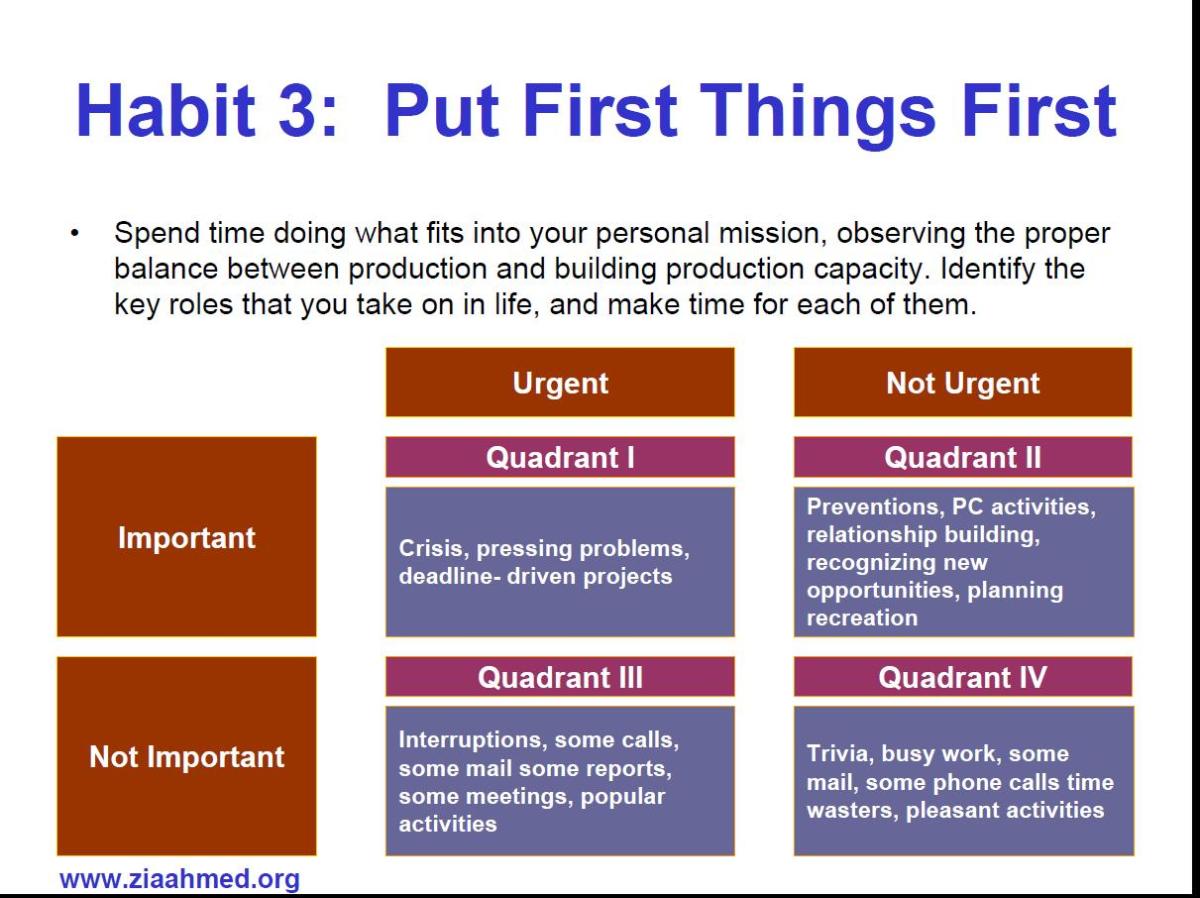5 Roles and Responsibilities of Project Management.
Project Management Roles
There five major roles, Such as,
- Customer,
- Manager,
- Architect,
- Developer,
- Tester,
and each role has a number of specializations. Depending on the size and complexity of the project, the team may have many participants who specialize or combine specialties. In general, a single individual should not perform cross-role specializations.

1. Customer.
The customer is the provider of requirements for the project. In this context, a customer includes the project sponsor and the end users. The customer can assume the following specializations or combine them:
- The Business Process Designer is responsible for modeling the business. The business process designer is a subject matter expert in the performance of the business process under consideration. The business process designer is highly available to the project team.
- The Business Process Reviewer is responsible for reviewing the business model for completeness and accuracy. This specialization is important when the business process is informal, new or is undergoing substantial change.
- The business model is eventually translated into requirements. The Requirements Reviewer is responsible for reviewing the requirements for completeness and accuracy.
2. Manager.
The Project Manager is responsible for ensuring that the project reaches a successful conclusion. There are two specializations:
- The Tracker is responsible for tracking the issues list. This specialization is useful when the number of outstanding issues the project generates warrants a dedicated focus.
- The Coach is responsible for advising the project team. This specialization is useful when the project is of a sensitive nature, explores new areas of automation, or to enhance the experience level of the project team. Typically, the coach is a senior a senior management resource.
3. Architect.
The Architect is responsible for ensuring that the solution will operate cohesively within the customer’s information technology infrastructure. There are five specializations:
- The Business Process Analyst works with the Business Process Designer to create detailed models of the automation of the business process. This specialization is useful in particular for re-engineering efforts.
- The Use Case Specifier defines the user stories or use cases that describe the scenarios the end users will apply within the solution. This specialization is always present in projects.
- The Database Designer defines the logical and physical data model of the solution. The database designer integrates the solution’s data model into the customer’s enterprise data model. This specialization is always present in software projects.
- The Architecture Reviewer is responsible for reviewing the architectural artifacts of the project and advising the project team on their consistency with best practices and customer specific practices.
- The Design Reviewer is responsible for reviewing the design of the solution and ensuring that the design is an appropriate translation of the architecture. This specialization is always present in projects.
4. Developer.
The Developer is responsible for the engineering and implementation of the solution. There are six specializations that are always present in projects:
- The System Analyst is responsible for decomposing requirements into system components.
- The User Interface Designer is responsible for defining the user interface of the solution.
- The Designer is responsible for defining the design of the solution.
- The Implementer is responsible for building and testing system components, hardware or software.
- The Test Designer is responsible for translating the use-cases into test cases that will demonstrate the functioning of the solution.
- The System Integrator is responsible for insuring that the solution will properly operate within the customer’s computing environment.
5. Tester.
The tester is responsible for auditing the project artifacts to verify that they are consistent with the expected results of the solution, and that they comply with the organizations best practices and customer specific practices. There are three specializations that are always present in projects:
- The Component Reviewer is responsible for auditing a particular component of the solution and verifies its compliance with SCI best practices and customer specific practices.
- The Integration Tester is responsible for testing that the solution will operate within the production computing environment.
- The Performance Tester is responsible for testing that the solution will perform within the expected time frames.








